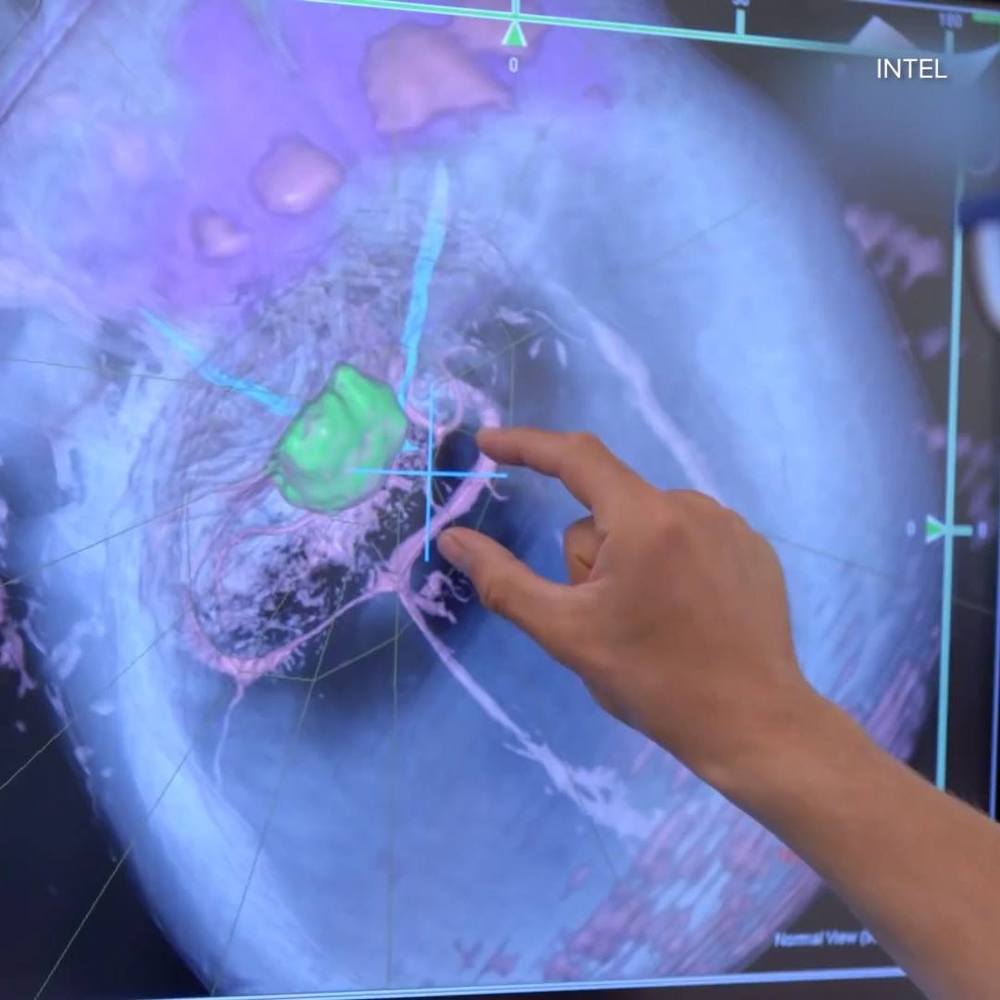
Category: neuroscience


Learning Language in Deep Sleep Isn’t Just Science Fiction Anymore
As important as sleep is for health, happiness, and performance, it really is a time suck. Those eight or so hours when we lose consciousness may be restorative, but just think of what we could accomplish if we could actually put them to productive use. Scientists believe that we can use these unconscious hours to begin to learn new facts or languages in our sleep, as long the information is presented in the right way.
In his paper published Thursday in Current Biology, University of Bern neuropsychologist Marc Züst, Ph.D., presents evidence that it’s actually possible to form new “semantic connections” at specific moments during the sleep cycle. These, he explains, are associations between two words that we use to help encode new information and give words context. For instance, when we hear the word “winter,” we think of cold temperatures, skiing, or, most recently, polar vortices. In his study, Züst found that the brain can actually learn to make these associations if we hear two words paired together at certain times within the sleep cycle.
“Humans are capable of sophisticated information processing without consciousness,” Züst tells Inverse. “Sleep-formed memory traces endure into the following wakefulness and can influence how you react to foreign words, even though you think you’ve never seen that word before. It’s an implicit, unconscious form of memory — like a gut feeling.”
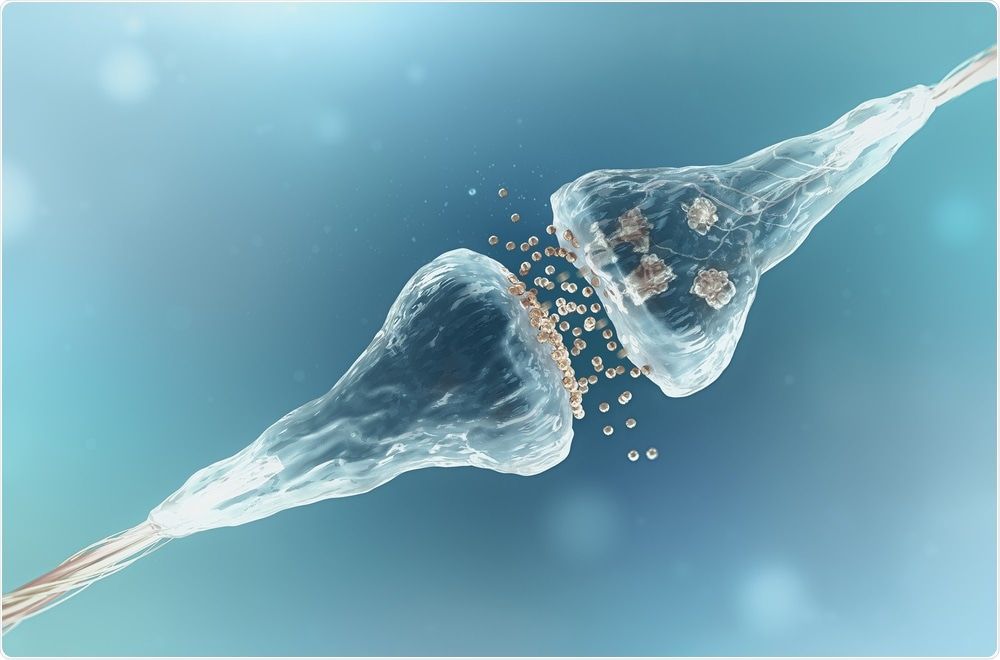

Parasite spread
By cats that is carried by two billion people may lead to schizophrenia, experts have warned.
Toxoplasma gondii (T. gondii) can be spread either through contract with cat litter trays or by eating uncooked meat but it is typically harmless.
However, according to a new study, the parasite could increase the chances of developing schizophrenia by 50 per cent.
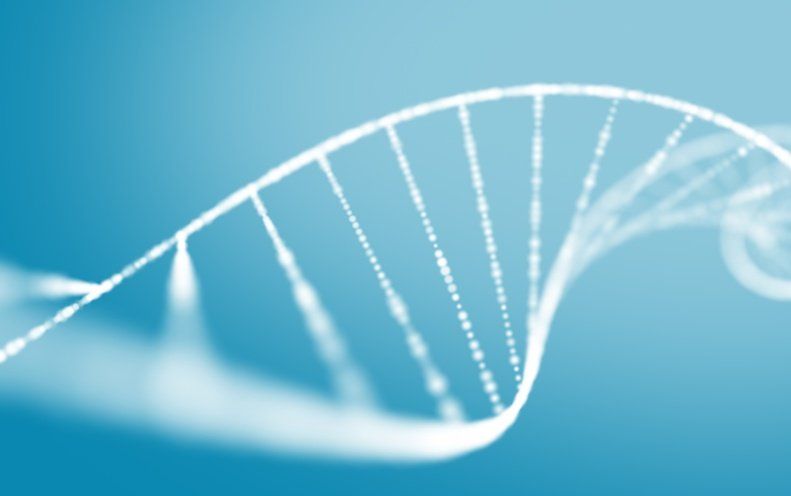
Genetic Tests for Autism Can Sometimes Change Lives
The assays don’t always yield results, but the information they offer can, at times, alter the course of treatment or prevention.
- By Jessica Wright, Spectrum on January 31, 2019
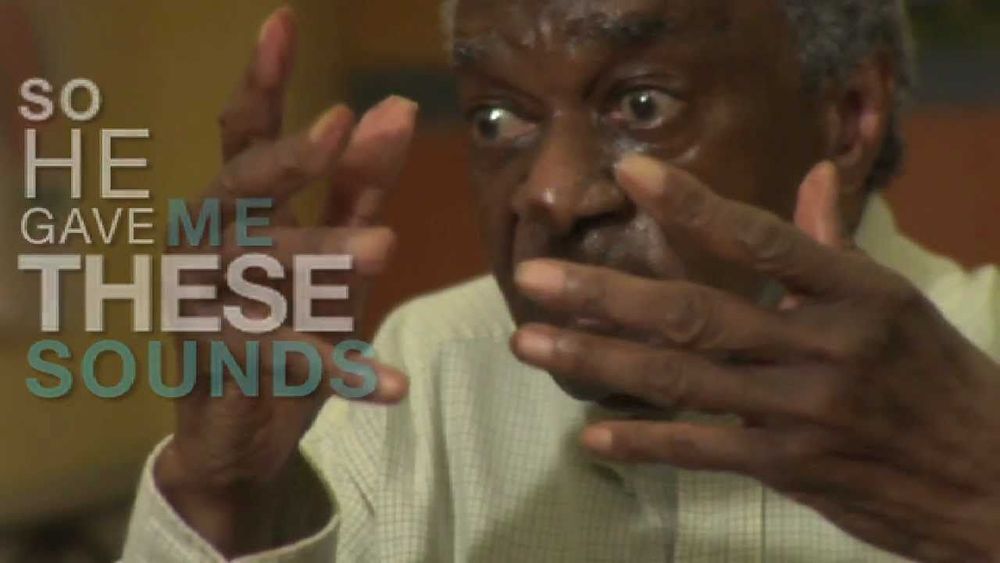
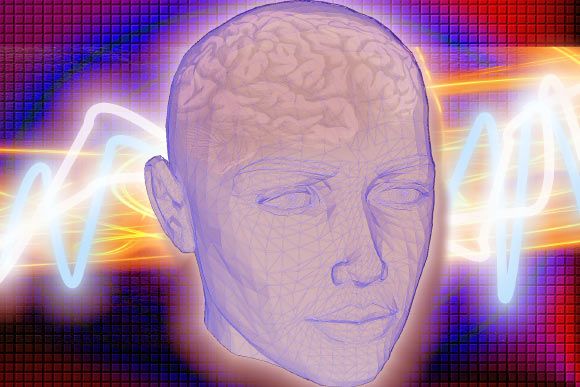
Experimental Brain-Computer Interface Translates Brain Signals into Recognizable Speech
A team of researchers at Columbia University has developed a speech brain-computer interface system that translates brain signals into intelligible, recognizable speech. By monitoring someone’s brain activity, the system can reconstruct the words a person hears with unprecedented clarity. The breakthrough, reported in the journal Scientific Reports, could lead to new ways for computers to communicate directly with the brain, and lays the groundwork for helping people who cannot speak.
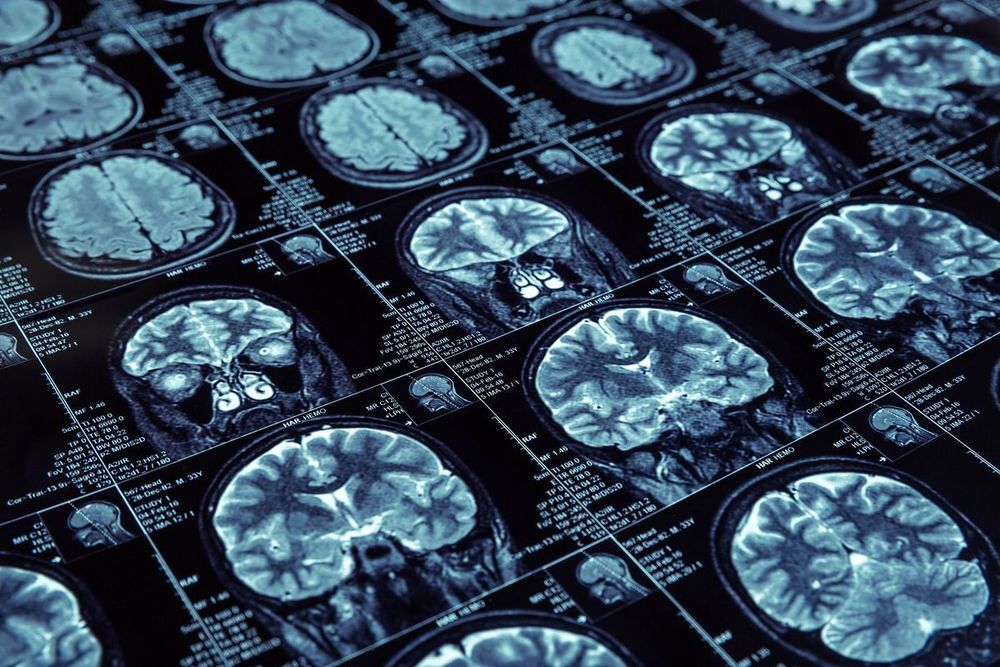

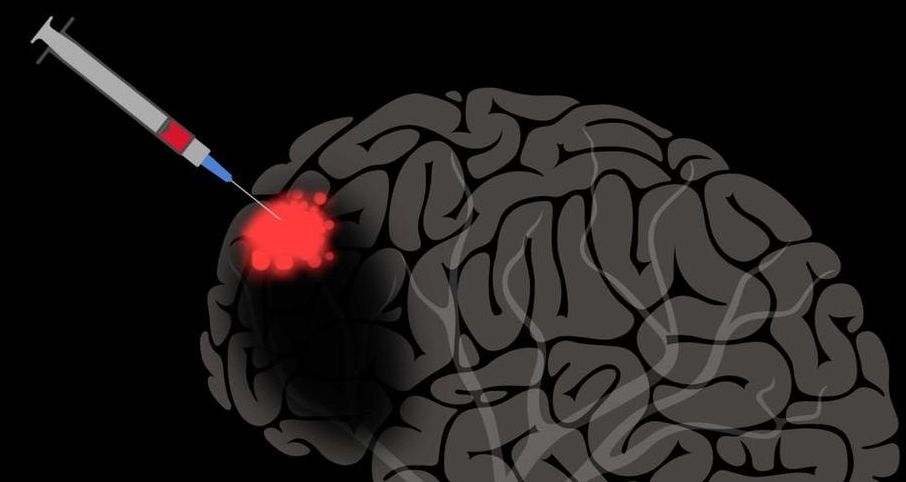
The brain may be able to repair itself — with help
Through treating everything from strokes to car accident traumas, neurosurgeon Jocelyne Bloch knows the brain’s inability to repair itself all too well. But now, she suggests, she and her colleagues may have found the key to neural repair: Doublecortin-positive cells. Similar to stem cells, they are extremely adaptable and, when extracted from a brain, cultured and then re-injected in a lesioned area of the same brain, they can help repair and rebuild it. “With a little help,” Bloch says, “the brain may be able to help itself.”